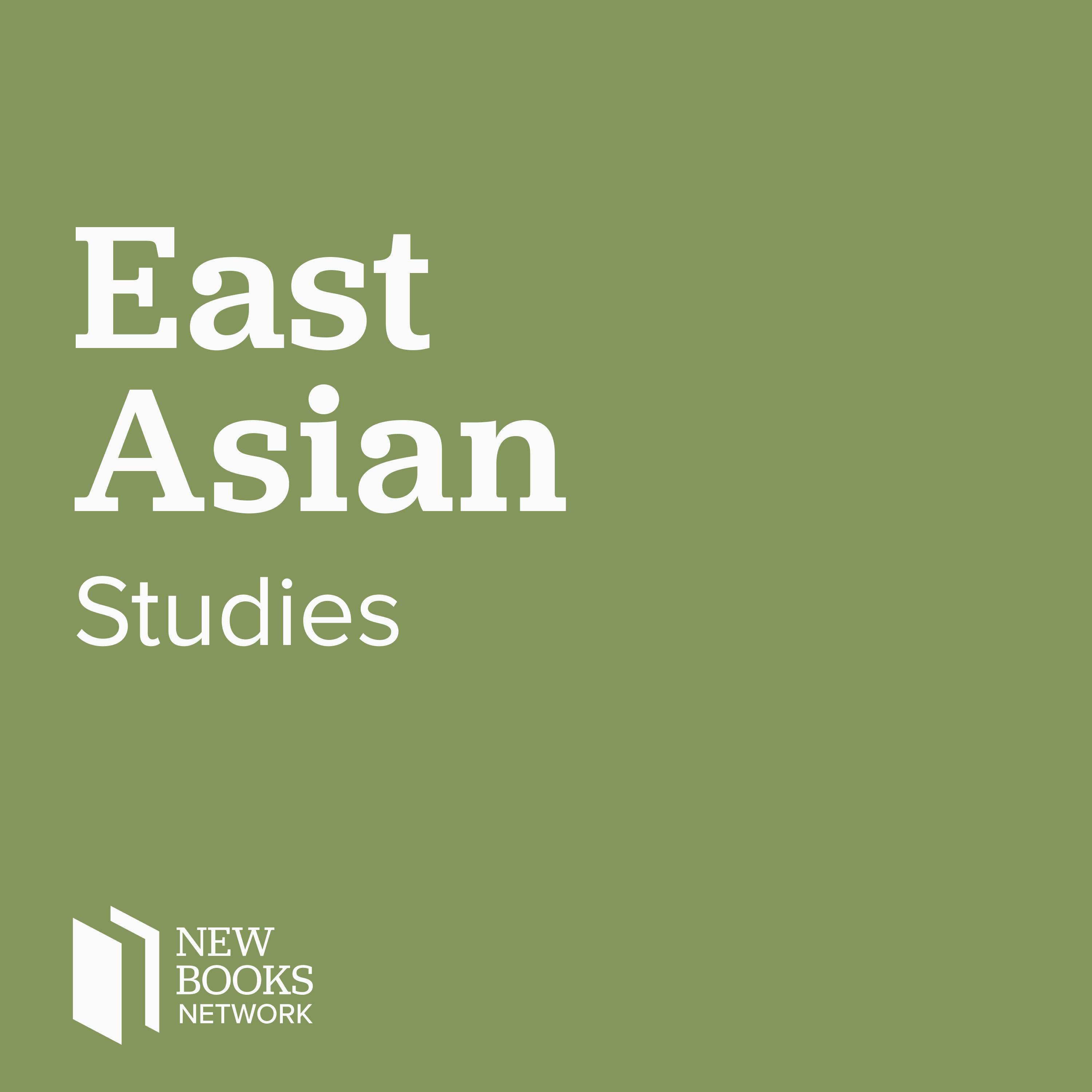Guojun Wang, "Staging Personhood: Costuming in Early Qing Drama" (Columbia UP, 2020)
Description
Much is known about the Qing sartorial regulations and how the Qing conquerors forced Han Chinese males to adopt Manchu hairstyle and clothing. But what happened on the stage? What did Qing performers wear, not only when they performed as characters in the Han past, but also when they appeared as subjects in the Manchu present? Reading dramatic works against Qing sartorial regulations, Staging Personhood: Costuming in Early Qing Drama (Columbia University Press, 2020) explores a two-sided question: how did the Ming-Qing transition influence costuming as theatrical practices and how, in turn, did costuming enable the production of different types of personhood in early Qing China?
With readings of several early Qing theatrical works, from the canonical Peach Blossom Fan (Taohua shan) to the lesser-known A Ten-Thousand-Li Reunion (Wanli yuan), combined with visual and performance records and historical documents, Staging Personhood provides a new and interdisciplinary perspective on the cultural dynamics of early Qing China. Not only does this book turn an interdisciplinary lens to the entanglements between Chinese drama and nascent Manchu rule, it contains a plethora of fascinating moments from early Qing plays—from double-cross-dressers to fake queues—touching on issues of class, gender, ethnicity, and conceptions of time.
Sarah Bramao-Ramos is a PhD candidate in History and East Asian Languages at Harvard. She works on Manchu language books and is interested in anything with a kesike.
Learn more about your ad choices. Visit megaphone.fm/adchoices
More Episodes
Deng Xiaoping’s 1992 Southern Tour has become a milestone in Chinese economic history. Historians and commentators credit Deng’s visit to Guangzhou Province for reinvigorating China’s market reforms in the years following 1989—leading to the Chinese economic powerhouse we see today.
Journalist...
Published 04/18/24
Indigenous knowledge of local ecosystems often challenges settler-colonial cosmologies that naturalize resource extraction and the relocation of nomadic, hunting, foraging, or fishing peoples. Questioning Borders: Ecoliteratures of China and Taiwan (Columbia UP, 2023) explores recent...
Published 04/18/24
Published 04/18/24


